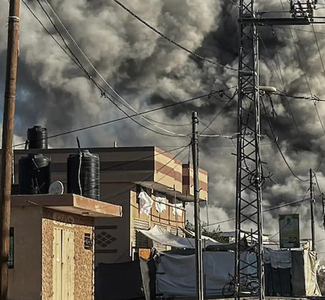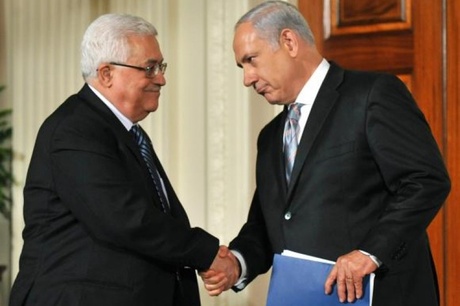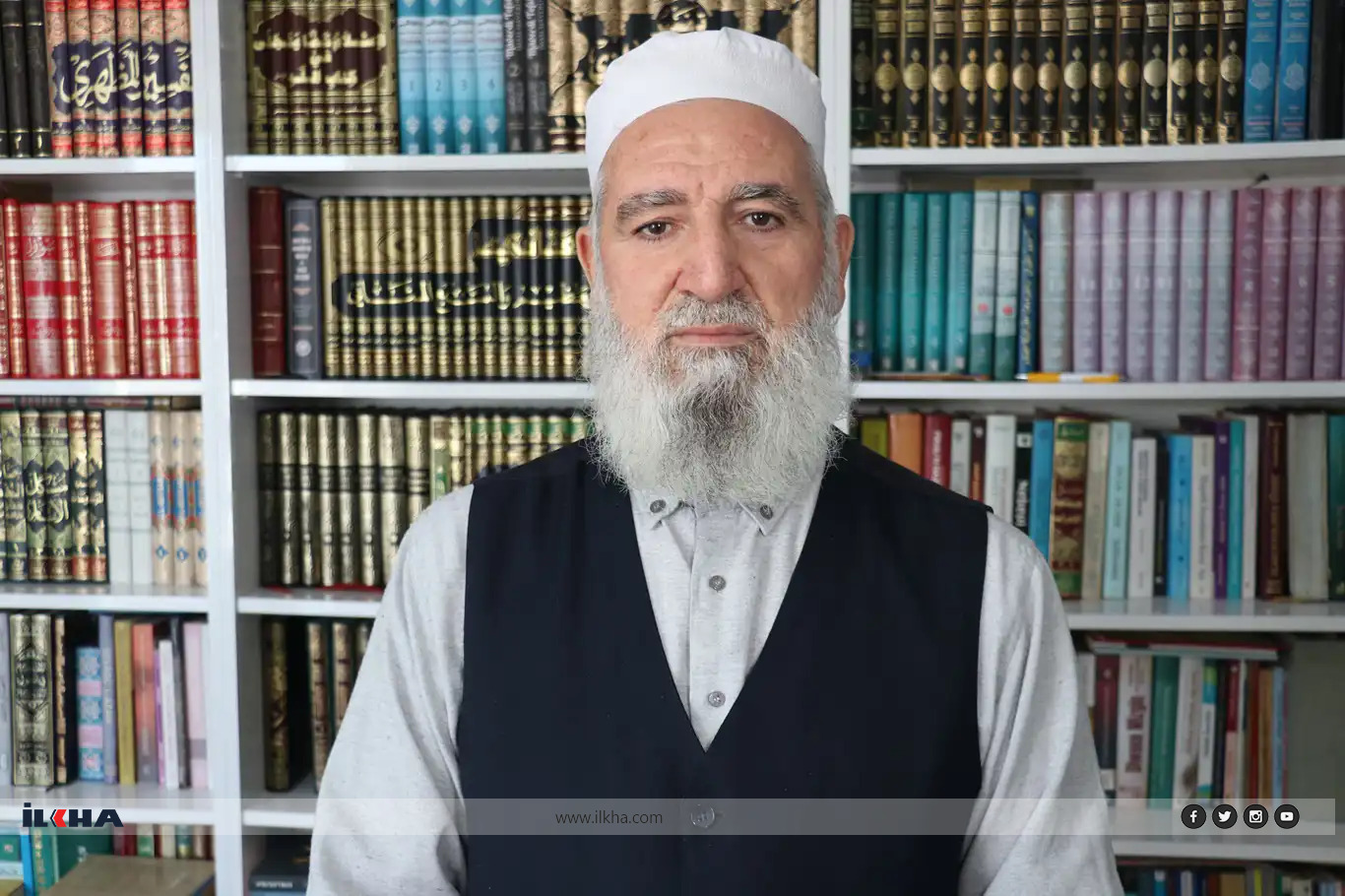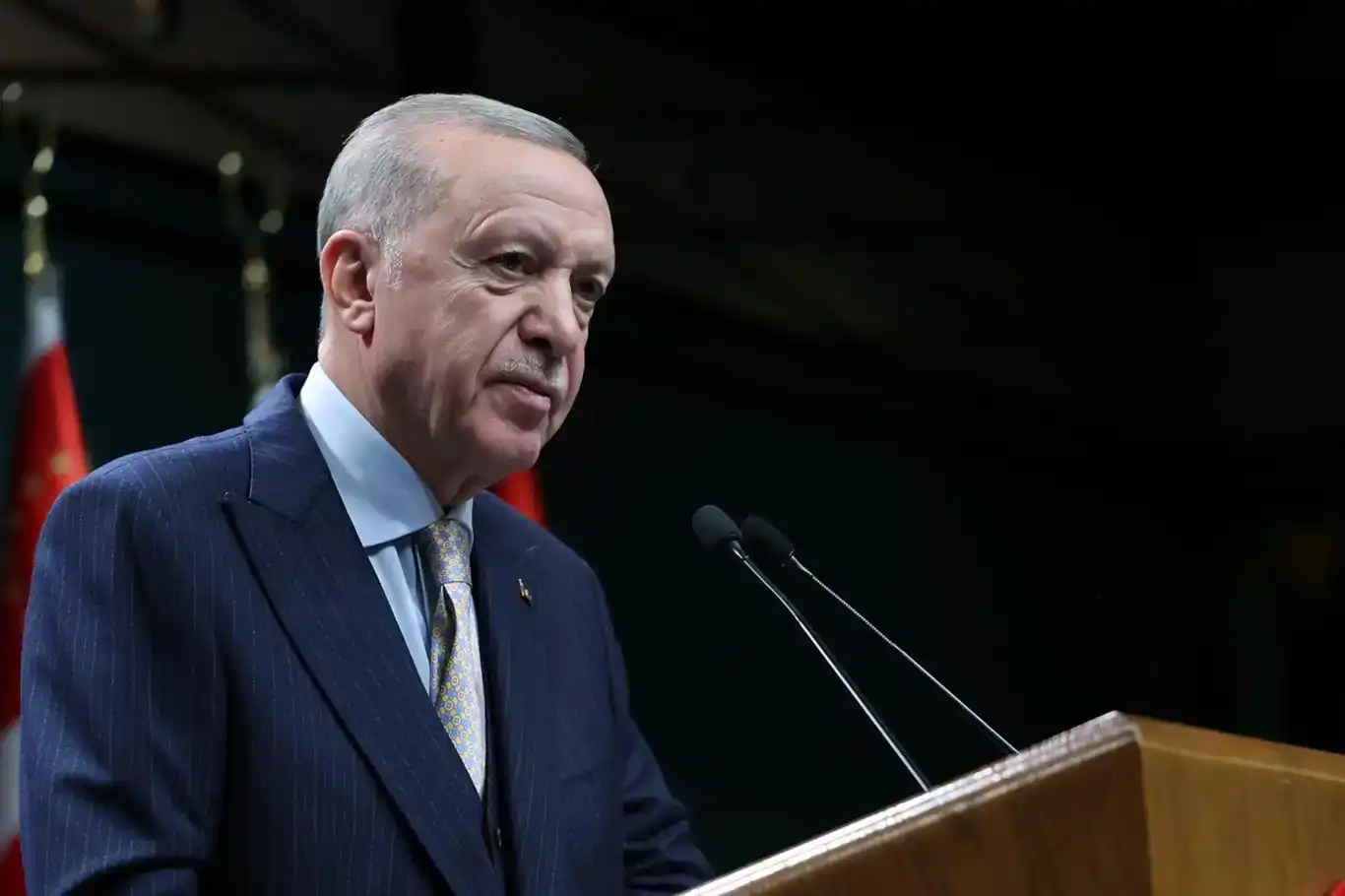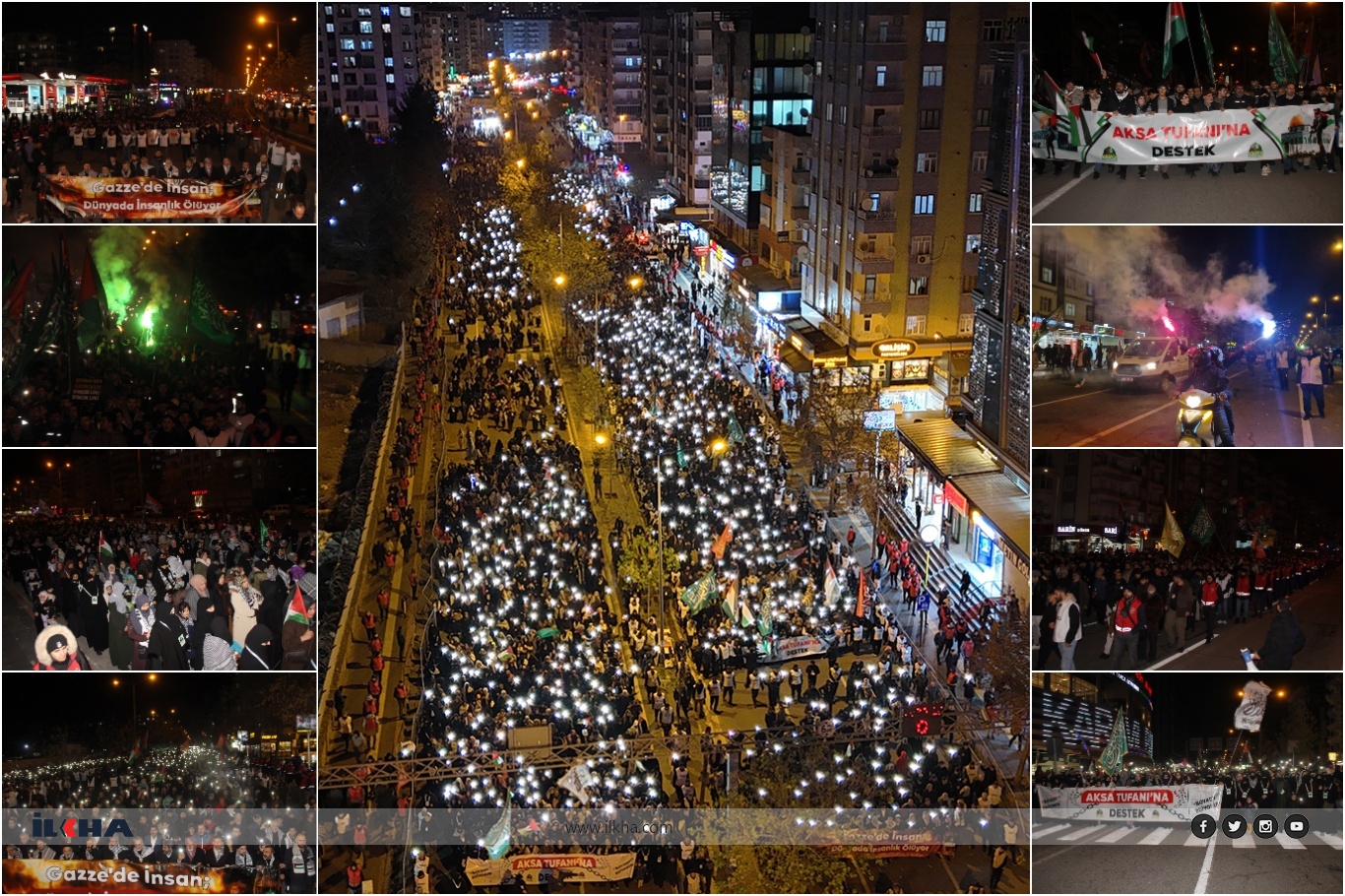India’s Chandrayaan-3 successfully lands on lunar surface, marking historic achievement
In a momentous leap for India's lunar aspirations, Chandrayaan-3, the latest installment of its ambitious moon mission, has triumphantly achieved a soft landing on the moon's surface.

 Google News'te Doğruhaber'e abone olun.
Google News'te Doğruhaber'e abone olun. This achievement comes as a significant stride forward after the setback faced by its predecessor in 2019.
The meticulously planned landing was executed with precision at exactly 5:34am PT (6:04pm IST) on Wednesday, more than a month following the spacecraft's launch. This remarkable feat has propelled India into the global spotlight as the fourth country to accomplish a soft lunar landing, joining the ranks of the Soviet Union, the United States, and China.
Notably, India now stands as the pioneering nation to successfully land on the moon's enigmatic south pole. This previously unexplored region is anticipated to yield invaluable insights into the moon's atmosphere and play a pivotal role in shaping future space exploration endeavors.
Addressing the achievement, S. Somanath, the esteemed chairman of the Indian Space Research Organisation (ISRO), extended his heartfelt gratitude to the countless scientists, engineers, support staff, and industries that collaborated on the Chandrayaan-3 project. He emphasized the spirit of cooperation across diverse institutions and ISRO, underscoring the collaborative efforts that culminated in this momentous milestone.
In a noteworthy turn of events, Russia had endeavored to outpace India's feat with the launch of Luna-25, a mission targeting a soft landing on the moon's south pole prior to Chandrayaan-3's success. Regrettably, the Russian mission faced adversity as Luna-25 lost contact with Roscosmos, the nation's space agency, leading to an unfortunate crash landing on the lunar surface.
The Chandrayaan-3 mission was initiated by ISRO, India's space agency, with the spacecraft's launch via the "Launch Vehicle Mark-III" on July 14. The launch event took place at the Satish Dhawan Space Centre, situated on the picturesque Sriharikota island in South India.
Chandrayaan-3, the third iteration of India's Chandrayaan program (derived from the Sanskrit term for "moon vehicle"), boasts primary objectives including achieving a safe lunar landing, conducting mobility operations on the moon's terrain, and executing on-site scientific experiments. With a budget allocation of under $75 million, the spacecraft features a propulsion module, a lander, and a rover, all equipped with an array of seven sophisticated scientific instruments.
To surmount challenges that befell its predecessor, the Chandrayaan-3 lander integrates enhanced sensors, advanced software, and upgraded propulsion systems. ISRO's rigorous approach encompassed extensive simulations and supplementary testing, culminating in a heightened level of resilience for the lander. These efforts converged to secure the triumphant achievement of a successful lunar landing. (ILKHA)







































